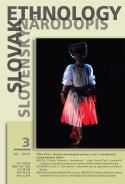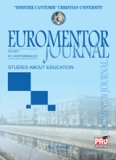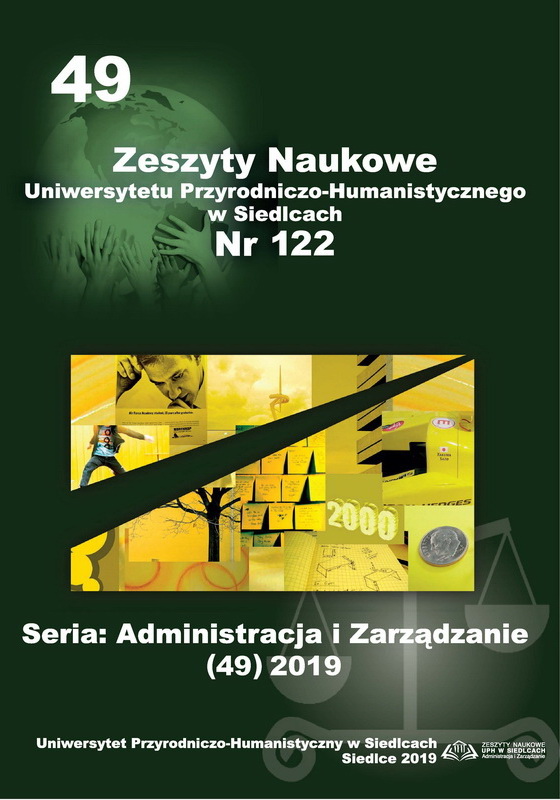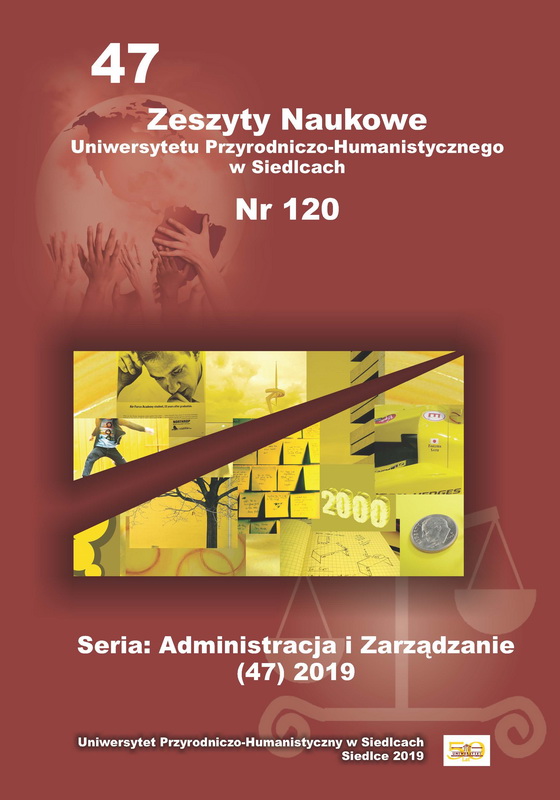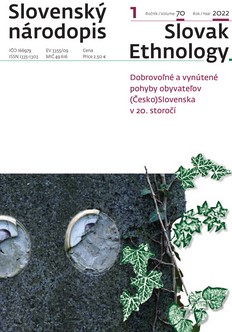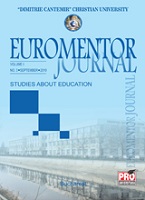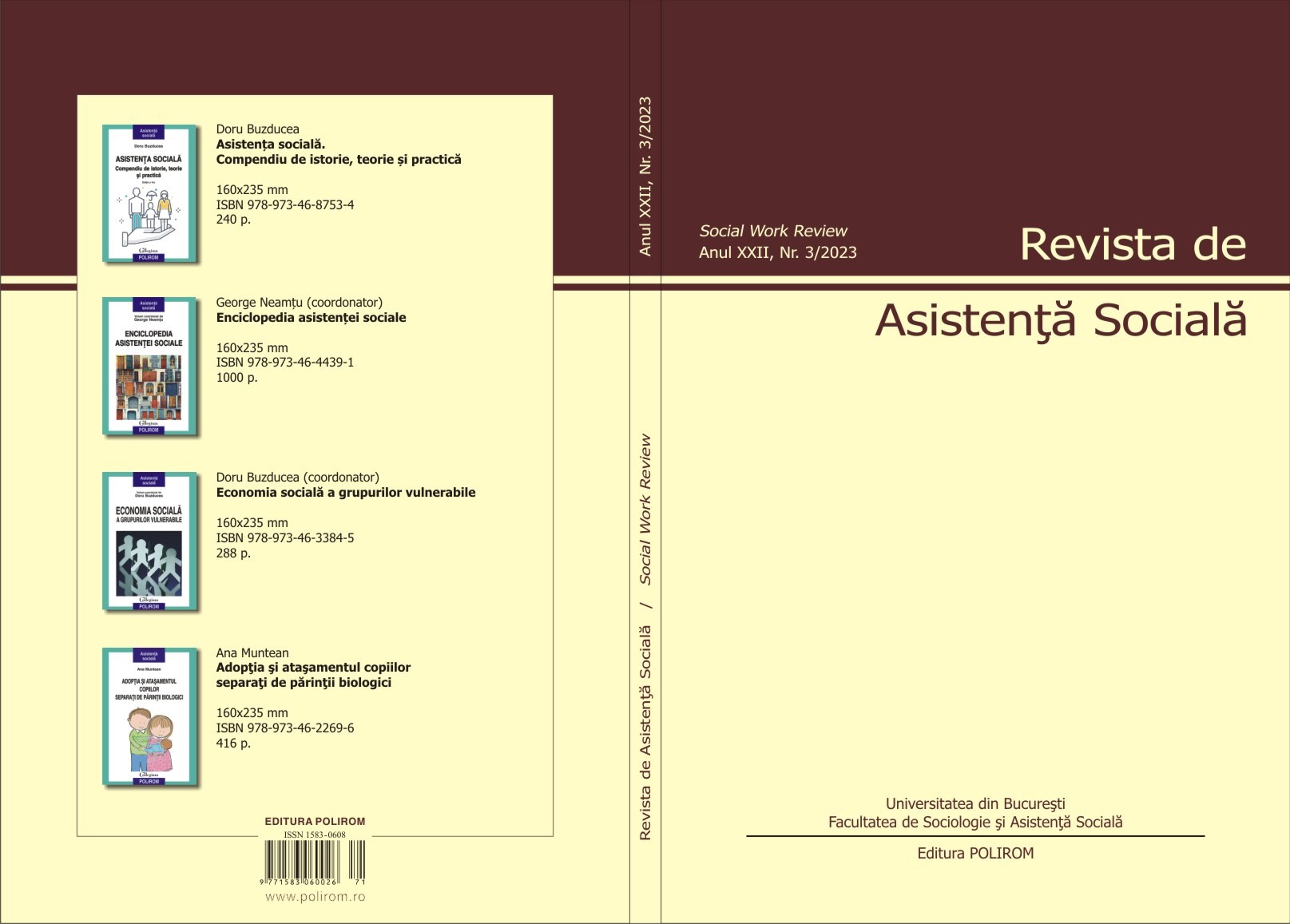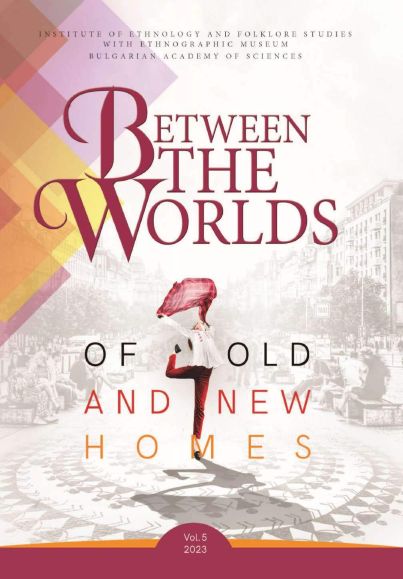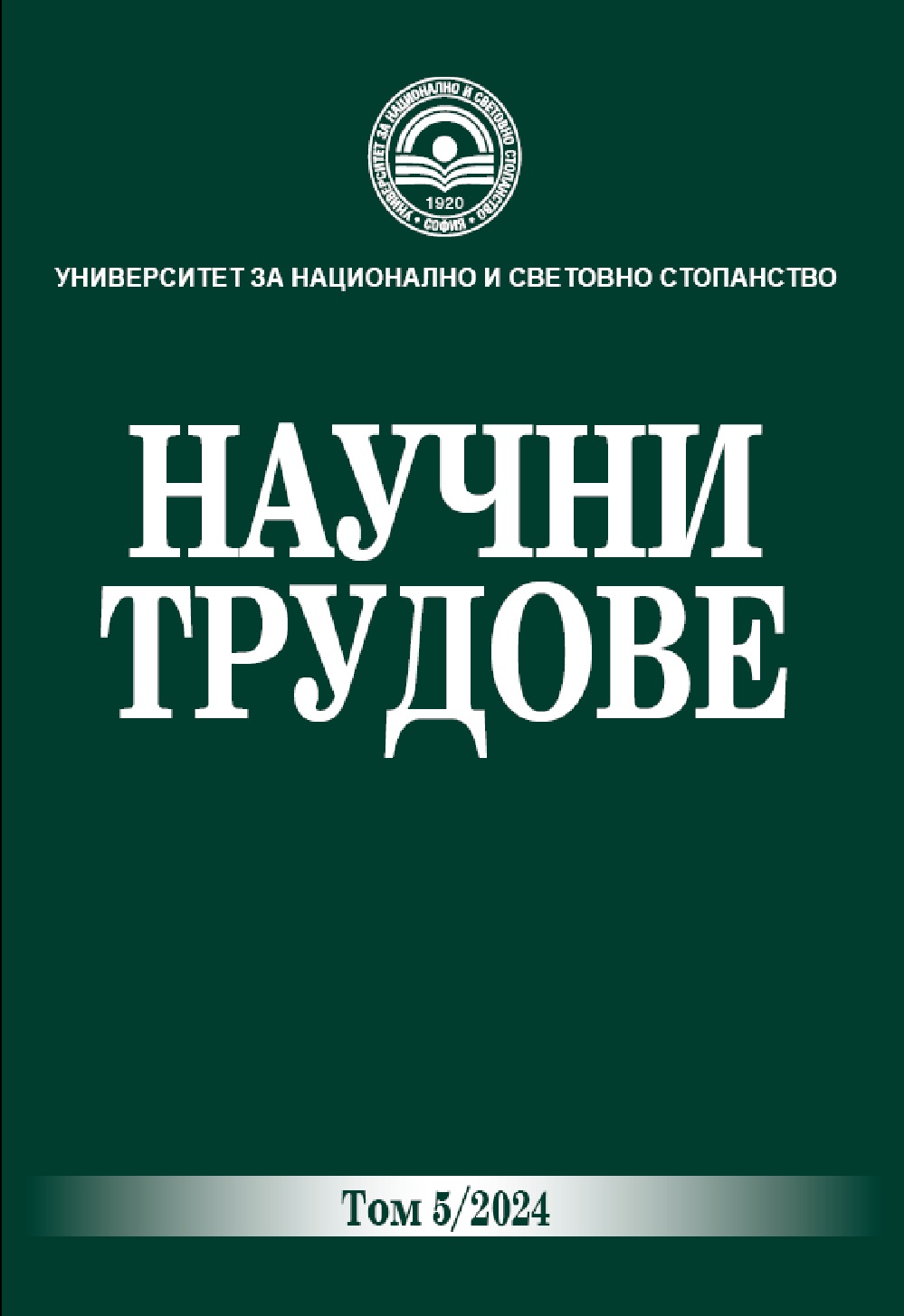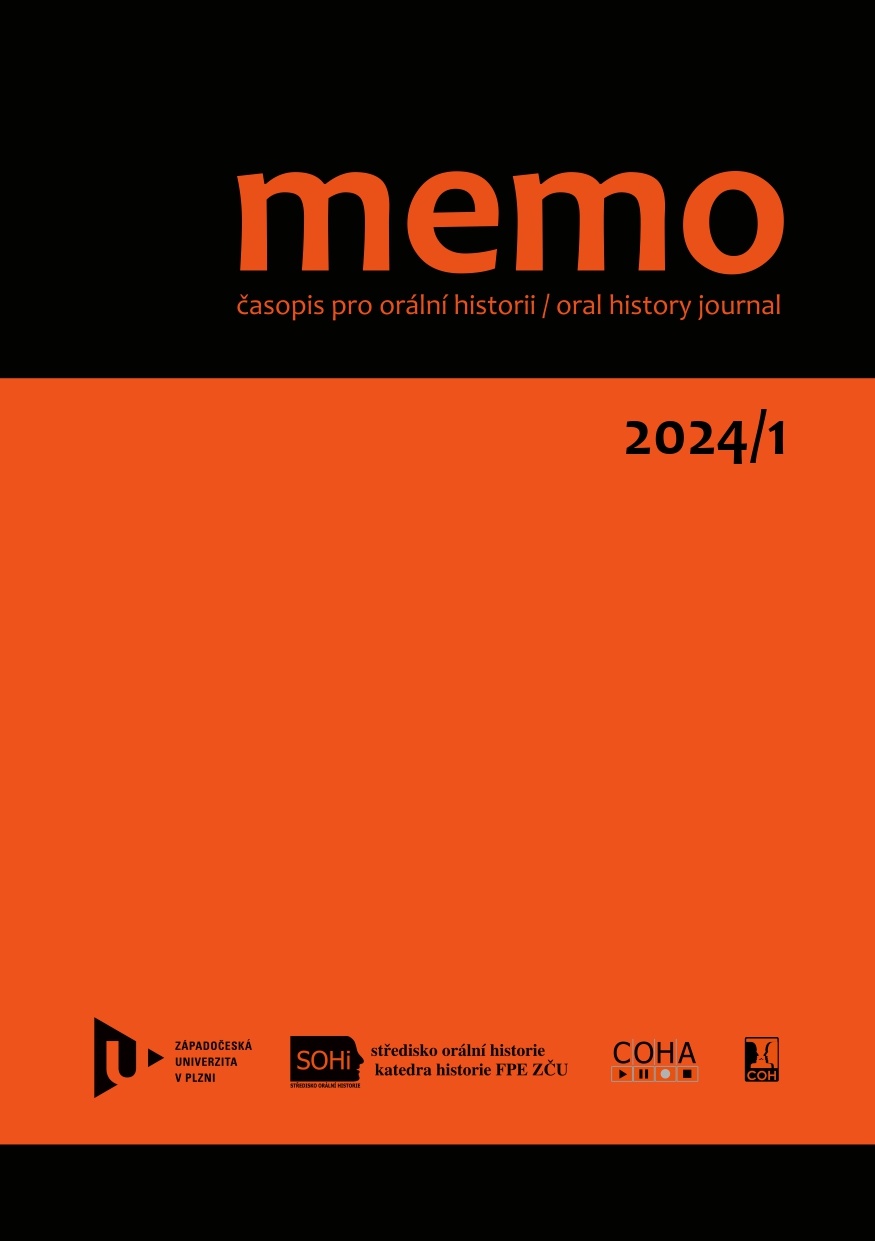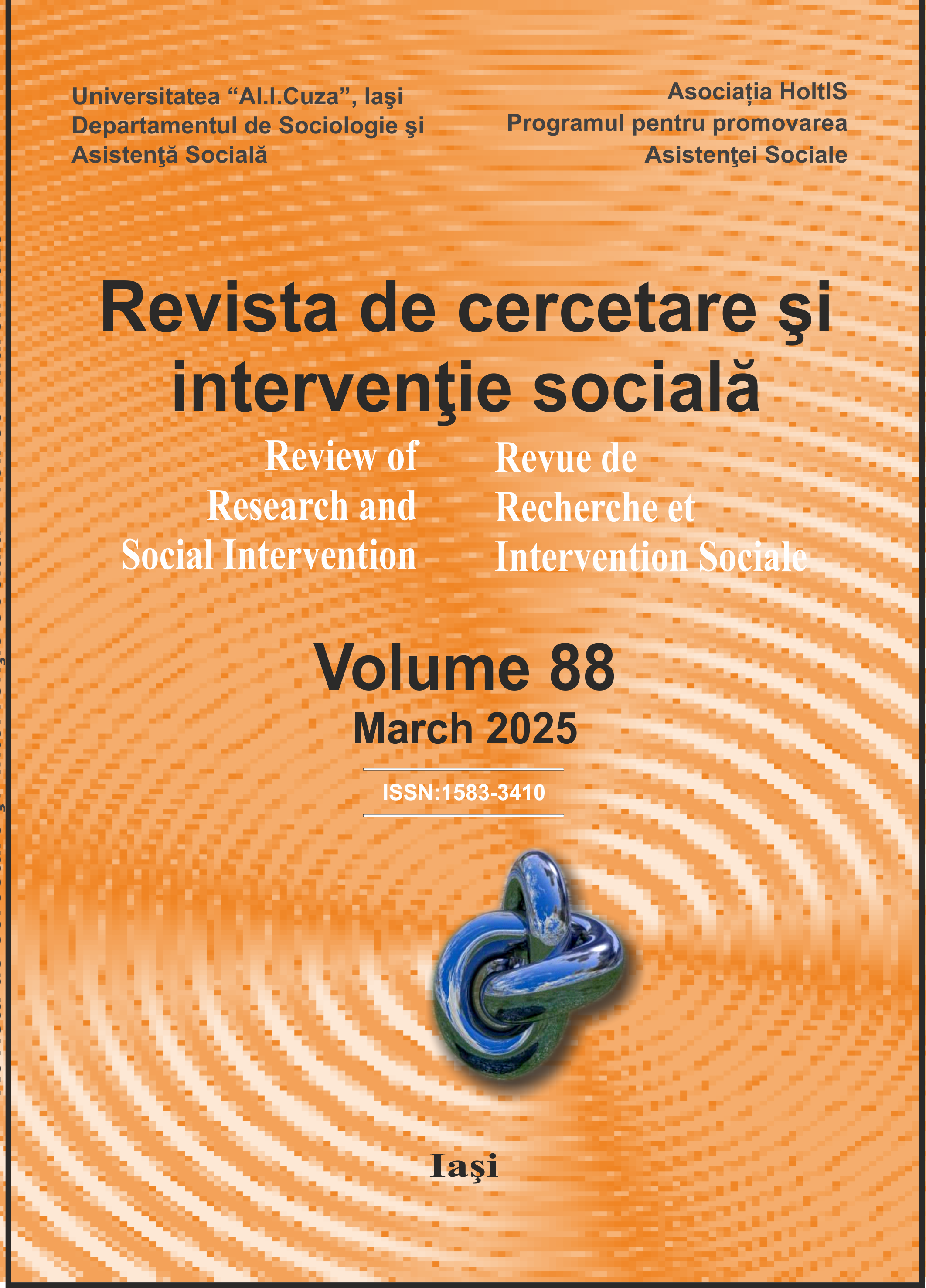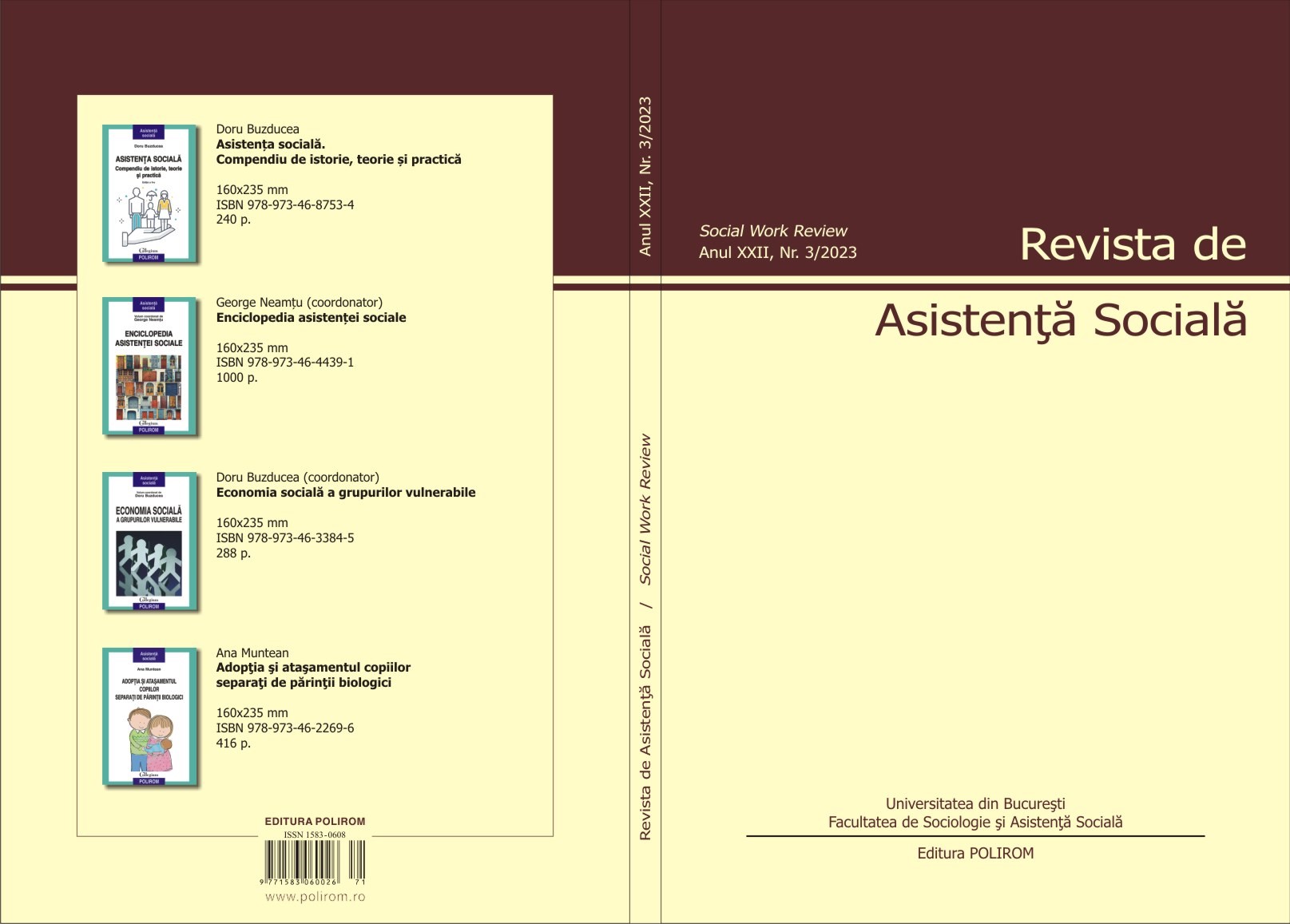Computational model of C. Elegans core olfactory circuit
To understand human brains, it is necessary to understand simpler neural processes first. In the article we provide a core computational model of C. Elegans olfactory circuit. Based on biological experiments presented in the literature, we develop a circuit mimicking some of the features of the biological olfactory circuit of C. Elegans.
More...
